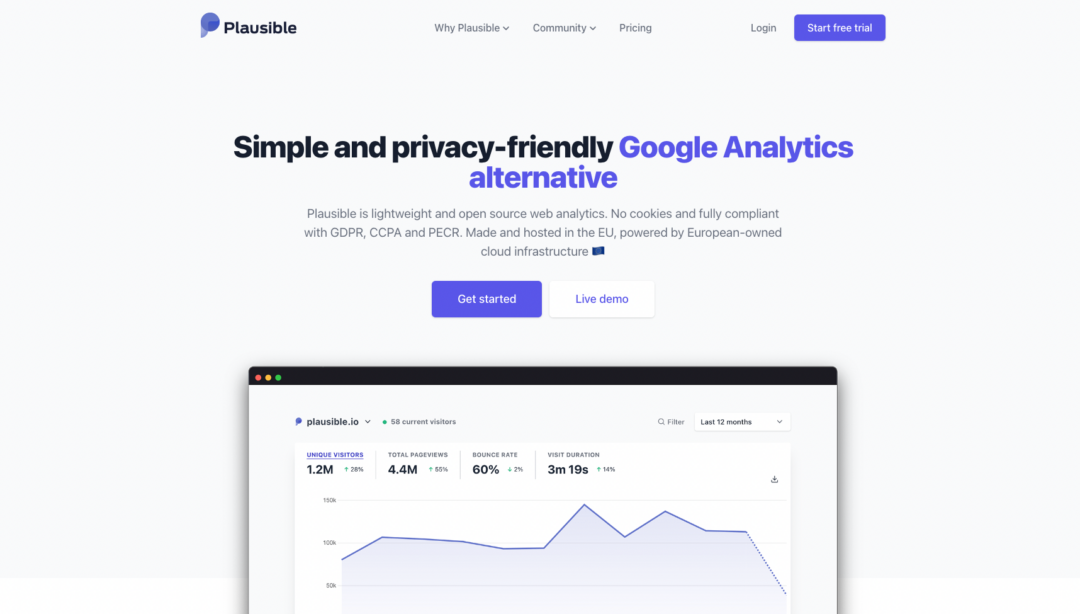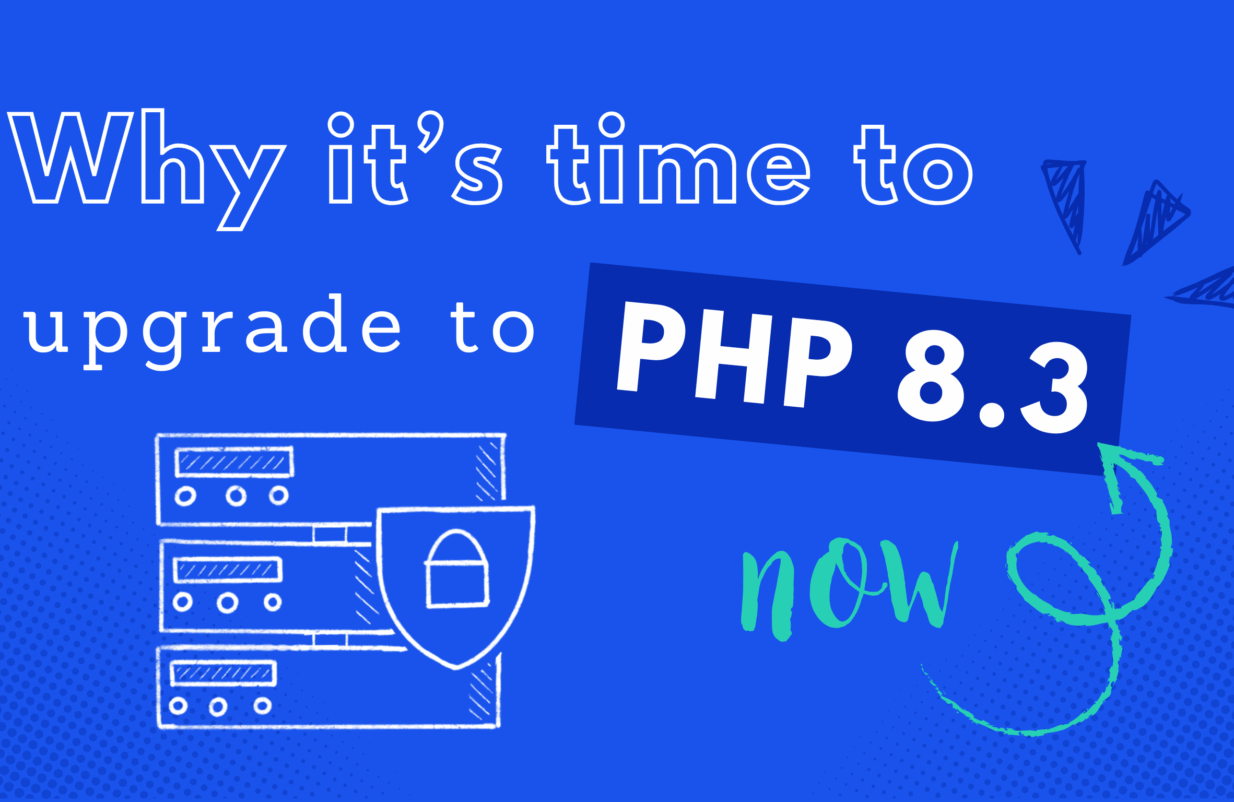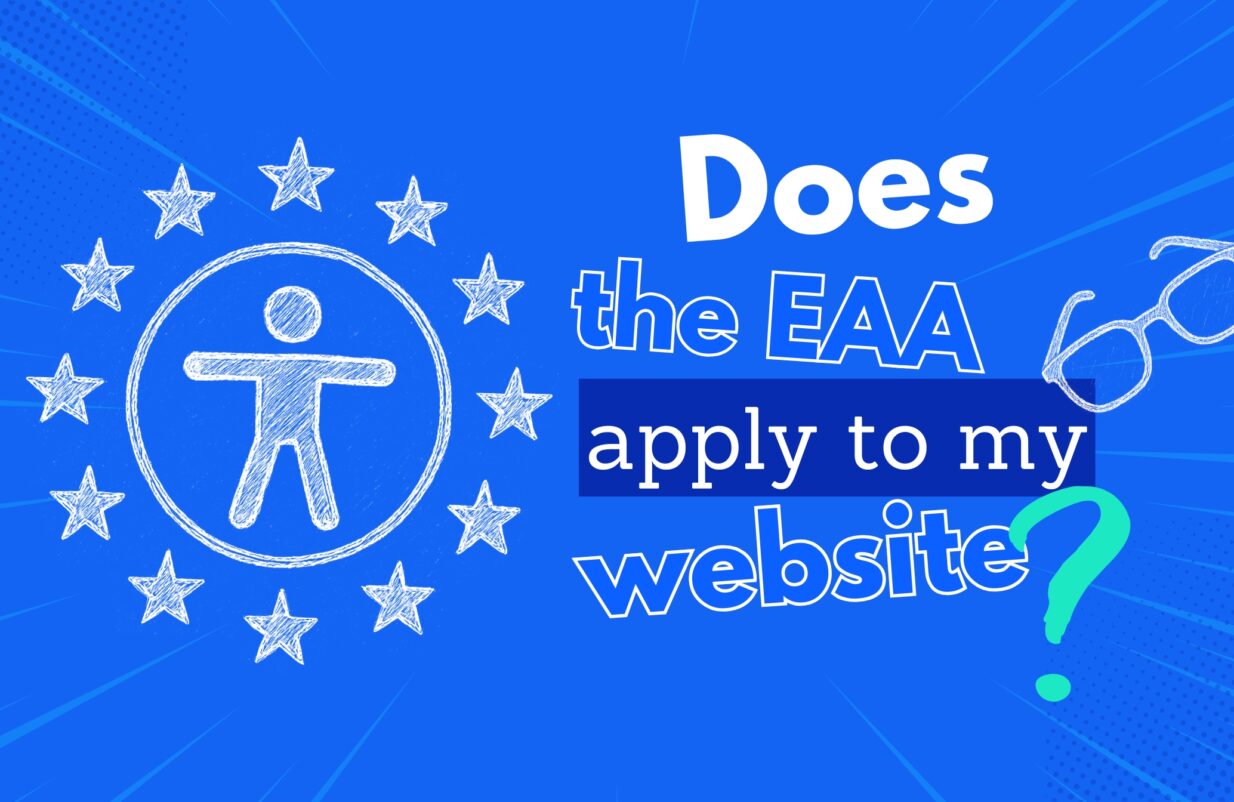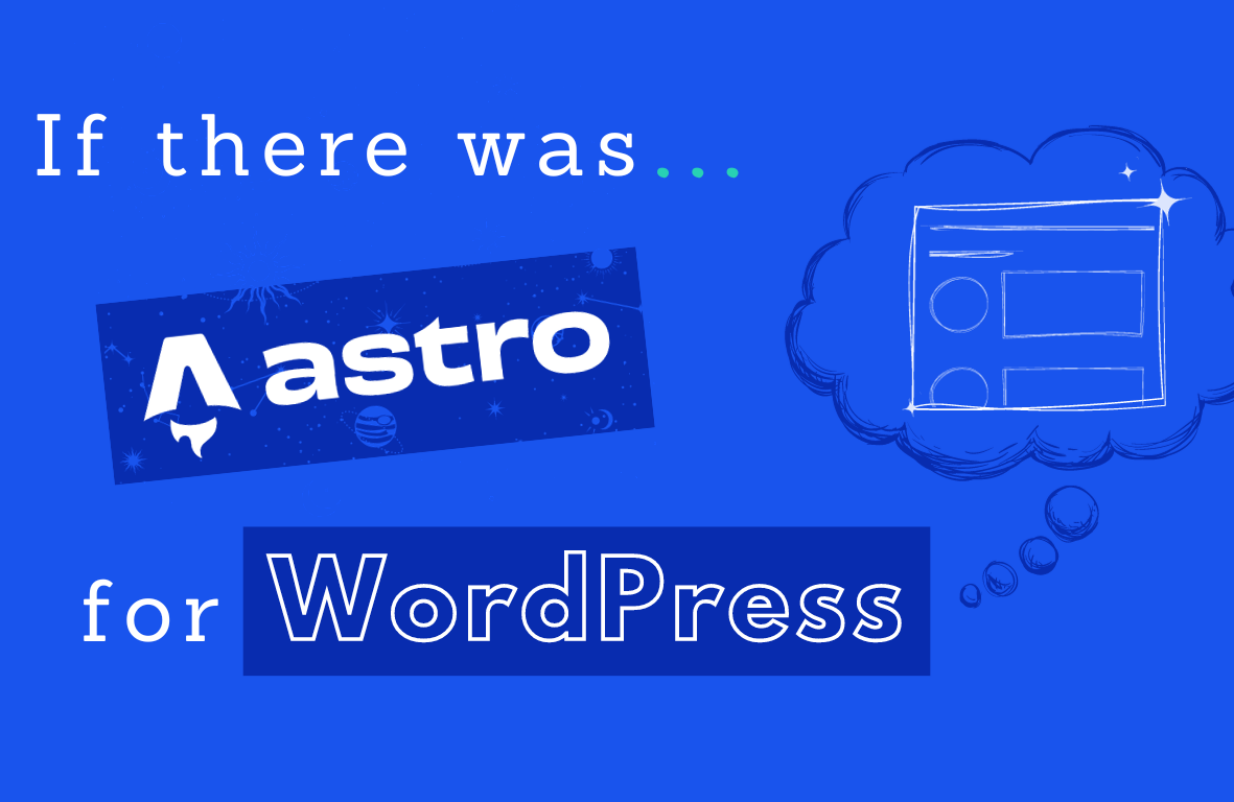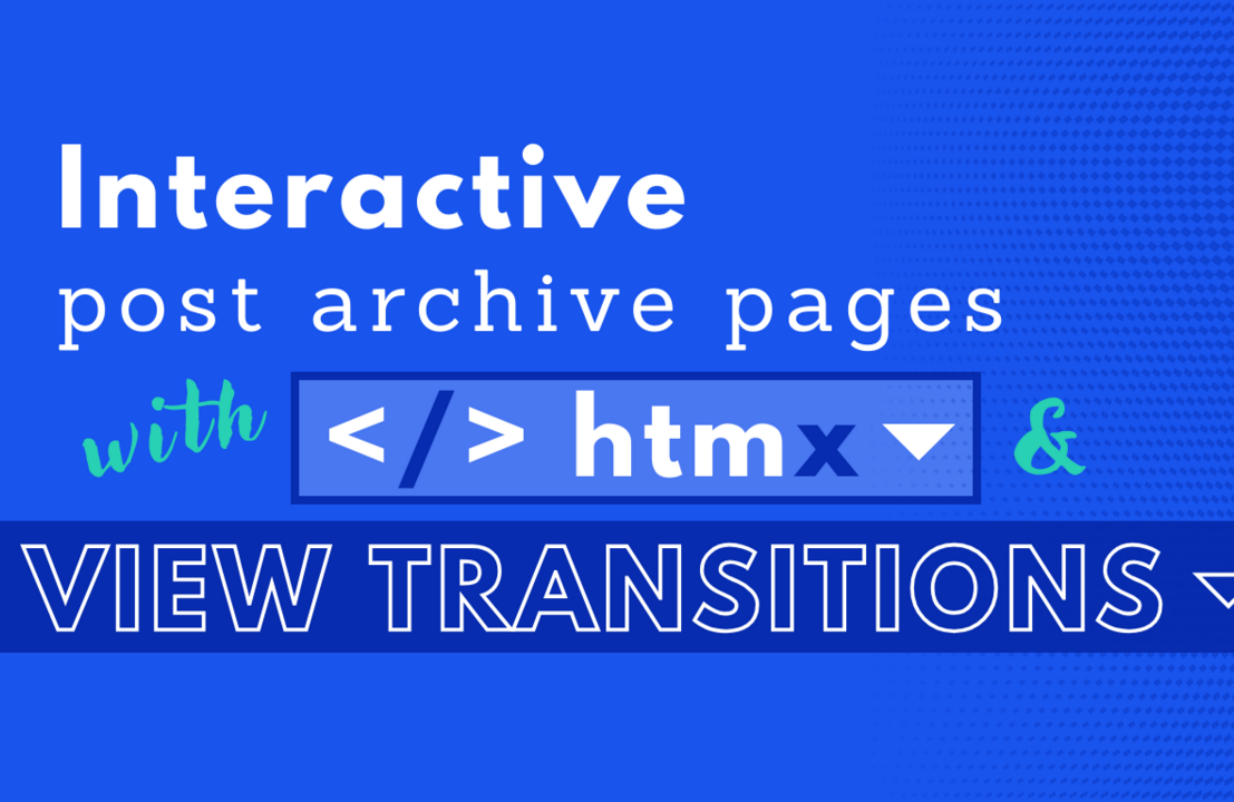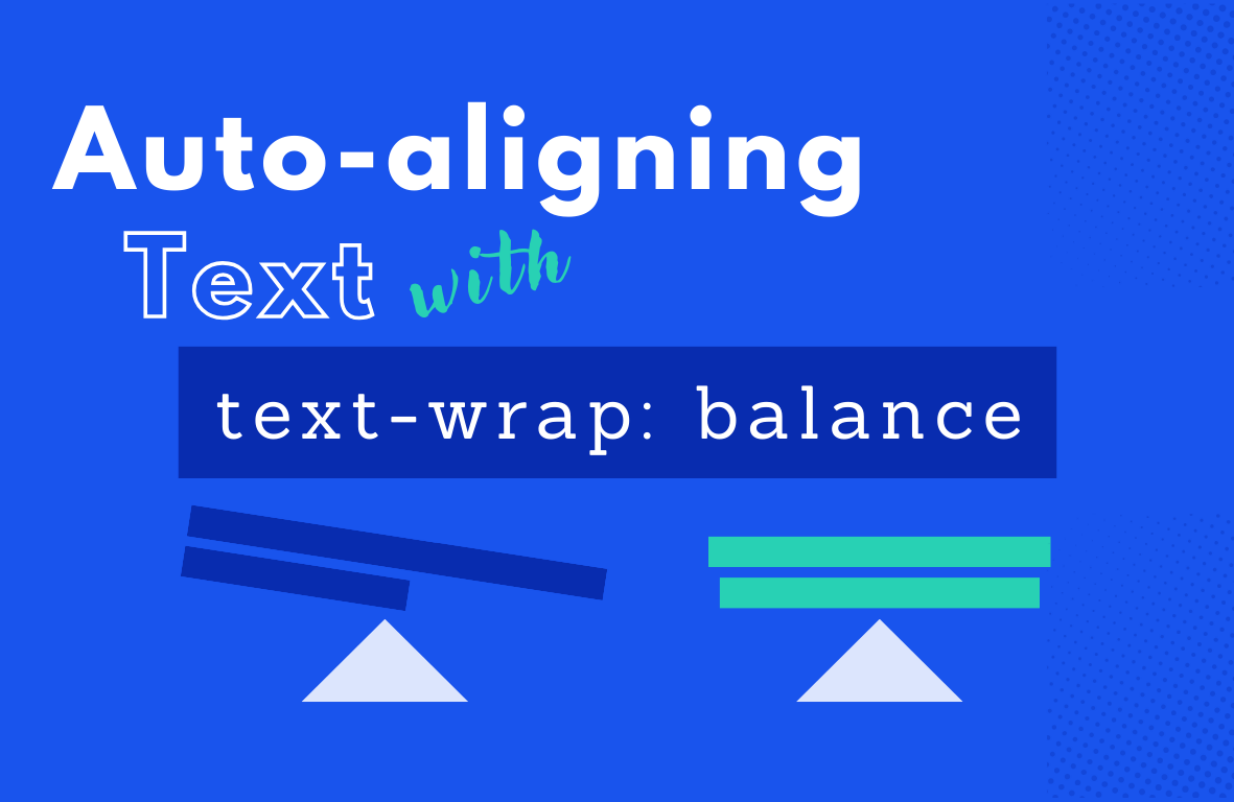in Privacy first
Privacy first: Why we no longer have a cookie banner
We have decided not to collect personal data via marketing cookies on our website. This is because there are Google Analytics alternatives that allow us to obtain data from our website visitors while protecting their privacy.
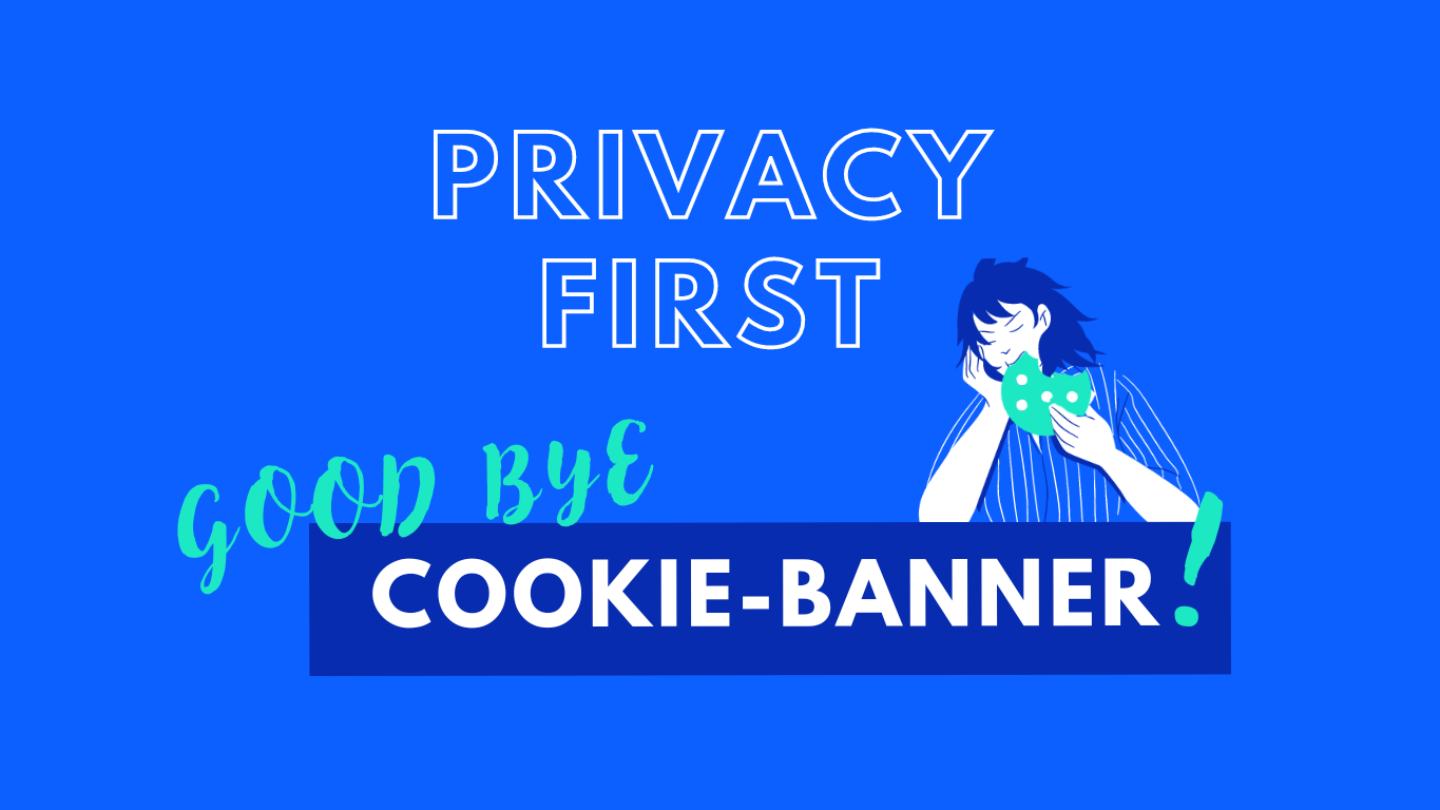
In October 2022, we decided to stop setting marketing cookies and thus stop collecting personal data from our website visitors. Why did we do this?
In this article, we’ll shed some light on what it means to collect personal data on the web, the reasons that led us to look for an alternative to Google Analytics, and why we eventually switched to the provider Plausible for our website tracking.
When is personal data collected?
As soon as a person submits personal information such as name or e-mail address on a website, this information is transmitted to the website operator and processed by the latter. It can be assumed that the user knows that data is transmitted, processed and possibly stored.
It is not so easy to understand when cookies are set on the website. Many visitors give their consent via cookie banners, but do not know what this means exactly. If they accept the setting of cookies, data is stored in a cookie that enables the website operator to clearly identify the returning visitor. This information can then be used to track the user’s navigation behavior or to play out targeted advertising.
Examples of the collection of personal data using cookies:
- Integration of YouTube videos
- Integration of Google Maps
- Integration of tracking services like Google Analytics or Hotjar
- Integration of AB-Testing Tools like Google Optimize
Cookies are also stored for technically necessary reasons. This enables basic functions that help visitors to use the website in the desired language or to save an item in the shopping cart of the online store. Without these cookies, users would have to make this setting again each time they visit the site. Since technical cookies support the users, are explicitly desired and do not contain personal data, it is appropriate to set them.
Advantages of not using Google Analytics
We have one major criticism of the cookie banner: the option to accept or reject cookies was introduced to protect the privacy of the end consumer. So it’s all about consumer protection, but hardly any consumers understand what is being asked of them.
Ultimately, in our opinion, the end consumer is not adequately protected from having data collected from him. On the contrary, he feels coerced into agreeing to data collection in order to consume content online.
We believe that adequate privacy is only possible through Privacy by Design solutions. Not collecting personal data in the first place is such a solution.

Clear overview of KPIs
If you don’t collect a lot of data unnecessarily, it’s easier to keep track of relevant information.
As is common practice on many websites, until recently we also integrated Google Analytics on bleech.de in order to be able to track the interest of visitors to our website and to respond to them. Google Analytics collects a lot of different data and allows a correspondingly large number of analysis options. In order to keep track of the most important information in the mass of information, we had to have a dashboard specially set up by a tracking expert.
Complete data
If you no longer need consent from the user because you are not tracking personal data, data is almost complete.
There is one major drawback to personalized tracking: since the introduction of the cookie banner, user data is only collected from those who consent to tracking. Since many website visitors refuse cookies, this means that you no longer know how many users were actually on your website. With privacy friendly tools, data is collected from almost all visitors and you get a more complete picture.
Better UX
On a website without cookie banner, visitors are no longer bothered and coerced to agree or disagree with something.
Many have probably already gotten used to getting rid of the cookie banner as quickly as possible by clicking “Accept” or scrolling through the advanced settings to reject marketing cookies. It’s never a pleasant experience.
People who are less tech-savvy, motor or visually impaired may even be hindered by the cookie banner to the point that they leave the website again, or navigate the site with an overlapping cookie banner. Especially on tablets and smartphones, cookie banners often block the entire website. If information is hard to read and buttons are too small to click, it becomes difficult for these people to reach the website content.
At last, it should be mentioned that we also target visitors from the USA on our website and in this way compete with websites that manage without banners.
Faster page speed
Without cookie banners you can improve the page speed of your website.
From our experience, websites have the biggest problems with poor page speed because they load tracking scripts in the background. Since we stopped using these background services on our website, our page load time has improved and technical PageSpeed optimization has become easier.
More trust
Not collecting personal data shows that you take privacy and data protection seriously.
By tracking in a privacy-friendly way, you collect all relevant KPIs for your web analytics without tracing them back to a specific person. Not using personalized data means that you are committed to protecting the privacy of your users. This can help your visitors gain a greater sense of trust in your company. In addition, your company is more likely to be perceived as responsible and ethical, which can have a positive impact on your image.
What are the GDPR-compliant Google Analytics alternatives?
Do you want to protect the privacy of your users, but still collect data that tells you about the performance of your website? We looked at the following tools when searching for a Google Analytics alternative:
- Matomo Analytic and Piwik Pro are tools like Google Analytics. They process a huge amount of data, offer a very wide range of functions, but can also be set up to be 100% privacy-friendly. However, a more intensive training and setup is necessary.
- Netlify Analytics and Vercel Analytics offer their own analytics based on server data, which is a good alternative for modern stacks.
- Plausible Analytics is open source and offers plans that apply to 50+ websites. Data is hosted in the EU. The provider seems more mature than other services.
- Simple Analytics advertise some interesting features like email reports and smartphone widgets.
- Fathom Analytics is very proud of the fact that they can bypass ad blockers. We do not agree with this, because we think that the privacy decision made is disregarded.
Plausible, Simple Analytics, and Fathom have accomplished a lot in the last two years. The teams behind the tools have remained small and without funding. What they have built in terms of the depth and maturity of their products, integrations, marketing and documentation is impressive. However, for us, trusting a company with only one person to make strategic, long-term decisions on behalf of our partners is a bit concerning.
Decision for Plausible
We ultimately decided to use Plausible Analytics. We use this provider to record total pageviews and unique visitors, for example. Even if this tool can be disabled by adblockers or records our own pageviews, we get a much better data situation than if a significant part of our visitors refuses to set cookies.
Compared to Google Analytics, Plausible has a much simpler structure and provides a quick overview of important key figures.
Are there alternative strategies to still target customers in a personalized way?
Personalized tracking seems to have become the only way to get to know your target group and customers better. Is that really the case?
When it comes to information collected via third party providers, this is also referred to as third party data. There is a lot of this, it is used a lot, but it goes against the privacy-first approach.
So-called first party data is data from existing customers that is already recorded internally in your company (CRM data). It is more difficult to generate and is therefore used less.
Advantages over third party data are:
- higher quality
- more depth
- uniqueness
It’s important that as a business you don’t become dependent on third parties. After all, it’s not in your control how long third party data is stored or if they have to delete data due to new laws.
We believe that in the future, companies should not rely on third party data, but need to go back to their existing customers. If those customers are happy and trusting, they will be happy to share personal information. In our experience, these are the best customers.
Conclusion
We believe that in the future, more companies will become aware that their tracking data is becoming increasingly inaccurate due to privacy decisions. And we believe it’s only a matter of time before user-focused privacy standards are firmly embedded in browsers. Making privacy-first decisions now is a future-proof opportunity to get accurate and meaningful analytics data while preserving privacy.
Initially, we thought there would be many downsides to foregoing personalized tracking. But on the contrary – there are many advantages:
- No tracking gaps: almost all visitors are captured.
- Higher usability due to the omission of the Consent Banner.
- Improved page speed of your website, as the number of loaded and executed scripts is reduced.
- Easy and fast setup.
- Clear presentation of key figures without long training (for Google Analytics, experts are often needed to customize the analyses to your needs).
- Higher trust of the users in your website, because you do not collect any personal data.
As a website owner, have you ever asked yourself whether you really need the personal data that you collect via analytics tools? Can you imagine giving up Google Analytics and switching to a privacy friendly alternative? Share this post and tell us about your experience!

